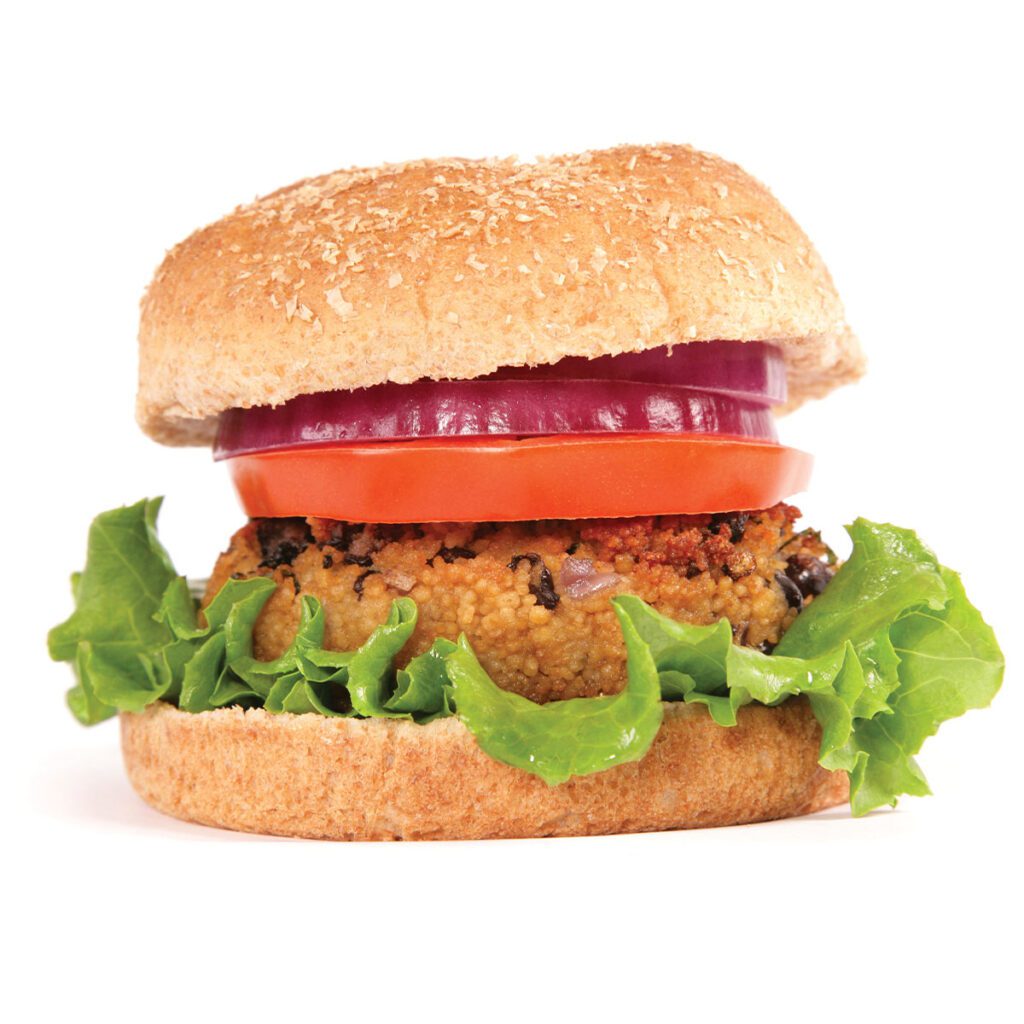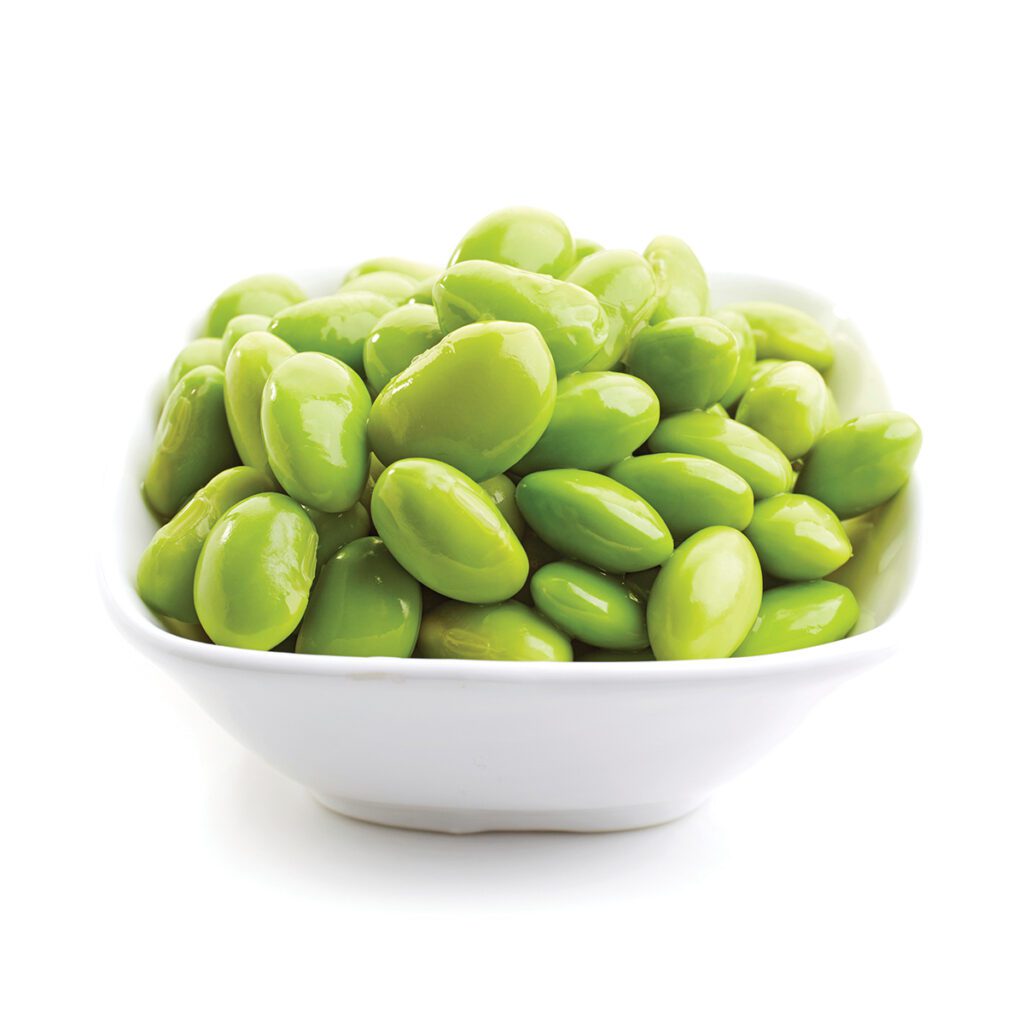Which one is healthier?
Registered dietitian Allison Knott sets the record straight on the healthy choice between two similar foods.


Latte vs. Mocha
The local coffee shop menu might be challenging to navigate if you’re unfamiliar with the lingo. By knowing what goes into your morning beverage, you can make smarter decisions at the counter. Take lattes and mochas, for example. A latte is made with espresso and milk while a mocha is made with espresso, milk, and a sweetened chocolate. Opting for a low-fat or dairy-free milk such as soy or almond will help to limit calories and fat. And, by choosing a latte instead of a mocha, you eliminate added sugars. Consider this: a 12-ounce mocha with whole milk has about 250 calories, six grams of saturated fat, and 26 grams of sugar. Switch to reduced-fat milk, and you lower the calories to 230 and the saturated fat to four grams. Make that a 12-ounce latte with reduced-fat milk and you’re down to 150 calories, 3.5 grams of saturated fat, and 13 grams of sugar.



Black Bean Burger vs. Soy Burger
There are known health benefits to limiting red meat intake – lowered risk for developing certain cancers and reduced intake of saturated fats, just to name a few. One way to go meatless is to choose a vegetarian burger in place of a standard beef burger. They’re naturally lower in saturated fat and are a source of fiber and protein, which helps to keep you feeling full. Black bean and soy burgers are commonly found on restaurant menus and in the grocery store, so when faced with the choice, which do you choose? You may be surprised to find that they are similar in nutrition. Soy beans are higher in protein than black beans, which may boost their appeal; however, both beans are a good source of potassium and fiber. This one comes down to taste – choose the one that works for you! Be sure to load up on vegetables and opt for a whole-wheat bun.



Sorbet vs. Frozen Yogurt
Frozen treats are a spring and summertime staple, but not all are created equal. Sorbet, a fruit-based, frozen puree, often sits alongside the increasingly popular fro-yo on ice cream shop menus. Fro-yo, or frozen yogurt, is a creamy, ice cream-like treat that is tart in flavor and uses yogurt as a base instead of cream or milk, which are used to make ice cream. This means lower calories and fat with a similar texture as ice cream. Sorbet is made using fresh fruit and sugar which results in an icy treat that is typically higher in sugar than fro-yo. Overall, frozen yogurt is the better option due to its lower added sugar content. But be careful when picking your fro-yo toppings as those can quickly add sugar and fat to an otherwise better-for-you treat. Try fresh fruit, a small amount of dark chocolate, and toasted coconut for a delicious combination that is sure to satisfy.



Margarita vs. Mojito
If you’re looking for a mixed drink without the sugar rush, you may be better off choosing a mojito over a margarita. Margaritas are typically made with a drink mix that can pack up to 20 grams of added sugar (or more) in just half a cup. This can result in downing up to 300 calories in a single beverage. Mojitos, made with a base of soda water and flavored with mint and lime, aren’t typically made using a drink mix. However, one sneaky addition is the granulated sugar. Ask the bartender to cut the sugar by half if you’re looking to limit calories.



Edamame vs. Peas
Edamame and peas offer a myriad of health benefits. Fiber, protein, vitamins, and many other nutritional components in the two foods contribute to an overall healthy diet. However, when making a direct comparison between the two, there are a few differences. Edamame is higher in protein, has twice as much potassium, and is higher in total fat and calories than peas. Peas are higher in vitamin C than edamame and are lower in calories, but both have the same amount of fiber and are similar in total carbohydrate amounts. This one is a tie as both provide nutritious benefits.



Allison Knott MS, RD, LDN,
Registered Dietitian, Nutrition Communication and Wellness Consultant

